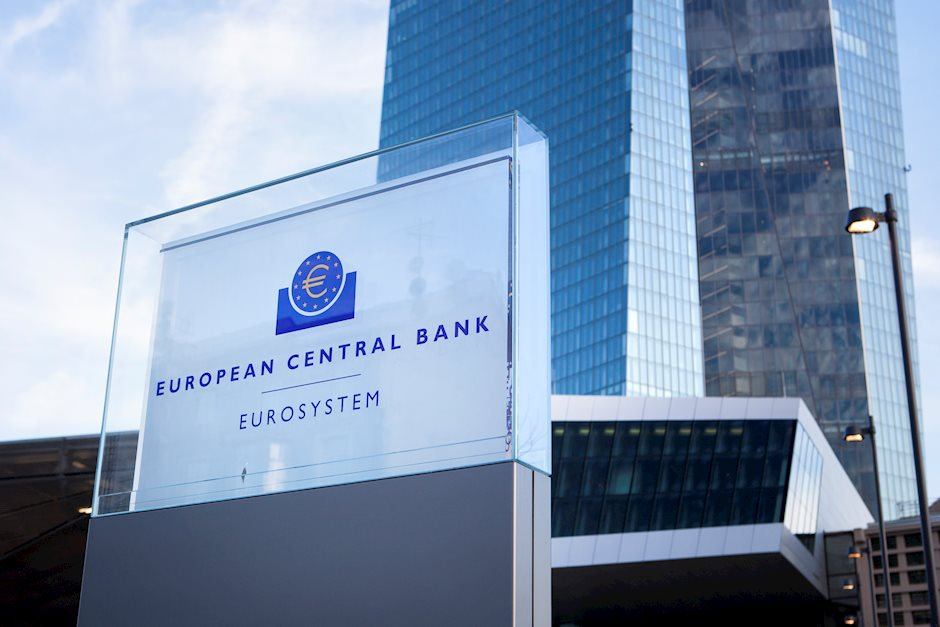The ECB after Jackson Hole: taper tiptoeing will continue - ING

Analysts at ING explained that after all the excitement about possible Draghi fireworks in Jackson Hole, the just delivered speech was an anti-climax, a non-starter. With no hints at tapering or the current stance of monetary policy, markets will now look out for the 7 September meeting. The demand for an ECB game plan on tapering will only get stronger and Draghi will have to address it. The cautious taper tiptoeing will continue.
When the ECB currently looks at the Eurozone, it sees a modest party with people enjoying themselves. The party is far from over but it could probably do with fewer QE drinks served by one of the hosts: Mario Draghi. In fact, serving less would come in handy as the drinks in Mario’s fridge are running low. But how to tell the party guests? And how to do it without getting called out as a party pooper?
In more economic terms, Mario Draghi’s latest speeches have illustrated that the ECB is paving the road towards the beginning of the QE exit but it still does not know how and when to put it into practice. Tonight’s Jackson Hole speech only confirmed that even if the ECB had a plan, they are not willing to share it (yet). Draghi came to Jackson Hole to deliver a non-monetary-policy speech and that is what he just did. Don’t take this as a dovish signal. Only as a signal that 7 September will be the big day.
Still, the ECB will have to prepare and present a game plan for tapering. This is why we think that in the run-up to the next ECB meeting on 7 September, when the ECB is likely to task the committees to look into tapering, the members of the Governing Council will have two important home assignments to solve before meeting in Frankfurt: besides the scarcity of assets, what are the economic arguments behind tapering and how should it be implemented?
In our view, the main arguments in favour of tapering are the successful defeat of the deflation risk, the strong economic recovery and bond scarcity. Tapering should be a cautious and very gradual withdrawal of some monetary stimulus, preferably without causing any tightening of financial conditions. The best option to do this could be a tapering announcement to reduce the monthly purchases from €60bn currently to €30bn starting January 2018 for at least six months combined with an extension of the list of eligible assets for QE purchases. This could exactly be what the minutes of the last ECB meeting described as “the Governing Council needed to gain more policy space and flexibility to adjust policy and the degree of monetary policy accommodation, if and when needed, in either direction”.
We expect the ECB to at least present a game plan at the September meeting, probably enriched by a clear message that the relevant committees have been tasked to investigate options for tapering. A dovish tapering which avoids the so-called unwarranted tightening of financial conditions is what the ECB is aiming at. Taper tiptoeing will continue.
Author

Ross J Burland
FXStreet
Ross J Burland, born in England, UK, is a sportsman at heart. He played Rugby and Judo for his county, Kent and the South East of England Rugby team.

















